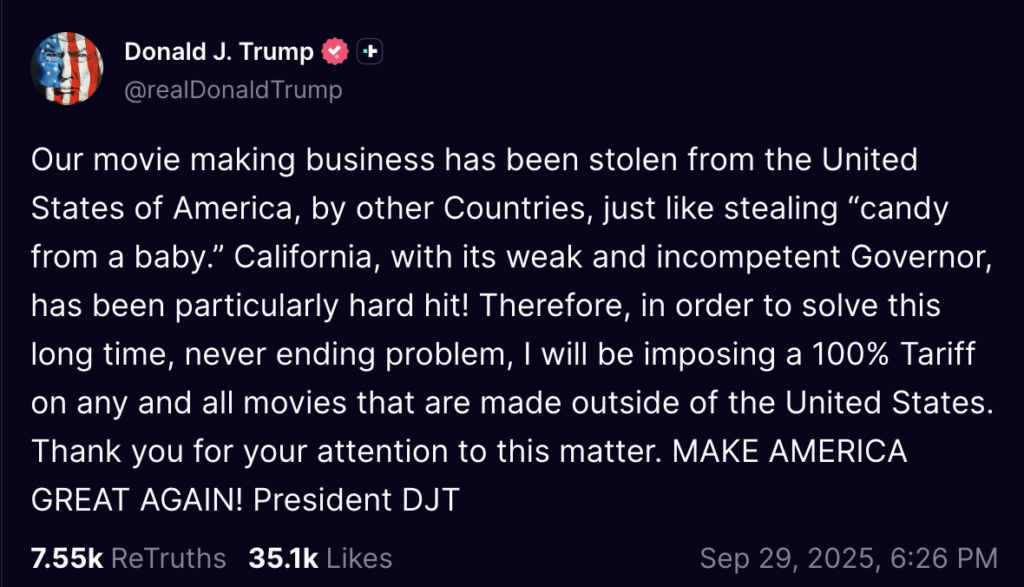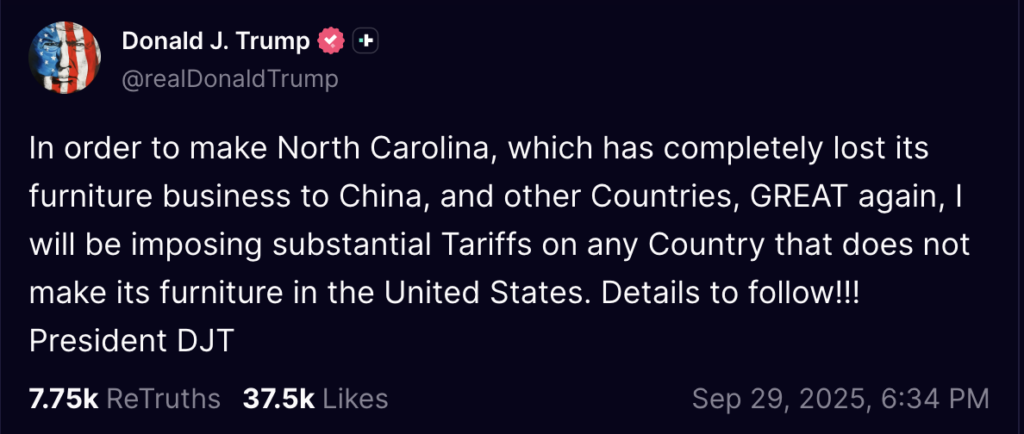
Sen. Rand Paul (R-KY) on Sunday drew on historical economic principles to criticize modern tariffs, linking them to the foundational American resistance to taxation without representation.
Paul Highlights Smith's Critique Of British Trade Restrictions
Sharing a review of The Wealth of Nations, Paul wrote on X, "It's in our DNA. Americans rebelled against taxation without representation – including import taxes (aka tariffs)."
He pointed to Adam Smith's argument that British trade restrictions on the American colonies were "economically oppressive and insupportable," illustrating how restrictive policies could undermine prosperity and spur calls for independence.
Paul Links Smith's Trade Lessons To Modern US Policy
The review explains that Smith's 1776 work provided colonists a commercial rationale for breaking from Britain, showing that trade restraints could outweigh the benefits of remaining under the empire.
Paul's post emphasizes that these economic philosophies, rooted in the Scottish Enlightenment, continue to influence American political and economic thought today.
Smith, Wolfers Warn Trump's Drug Tariffs Could Cost US Families
President Donald Trump announced on Truth Social Monday that he plans to impose a 100% tariff on all movies made outside the U.S., claiming the industry has been "stolen from the United States…just like stealing candy from a baby."
He specifically criticized California's leadership as "weak and incompetent."

Trump plans to impose substantial tariffs on any country that does not manufacture furniture in the U.S., citing North Carolina's lost furniture industry to China and other countries. He promised that more details would follow.

Wolfers, Smith Warn Trump's Tariffs Could Hit US Patients And Last
Last week, Economist Justin Wolfers said President Trump's proposed 100% tariffs on foreign pharmaceuticals would ultimately be paid by American patients and insurers, not foreign drug companies.
He noted that for patented, brand-name drugs with no competition, manufacturers could pass the full cost onto U.S. consumers.
Wolfers also said that the tariff impact isn't just on soybeans but on grocery bills, explaining that "farmers get a bailout. Shoppers just get higher prices. Trade wars…ensure the costs are born by those without political power."
Smith also warned that Trump’s tariffs could cost American households up to $2,300 annually, with middle-class families losing up to $1,000 each year, calling the policy "not making life more affordable."
Read Next:
Photo Courtesy: Maxim Elramsisy on Shutterstock.com
Disclaimer: This content was partially produced with the help of AI tools and was reviewed and published by Benzinga editors.







